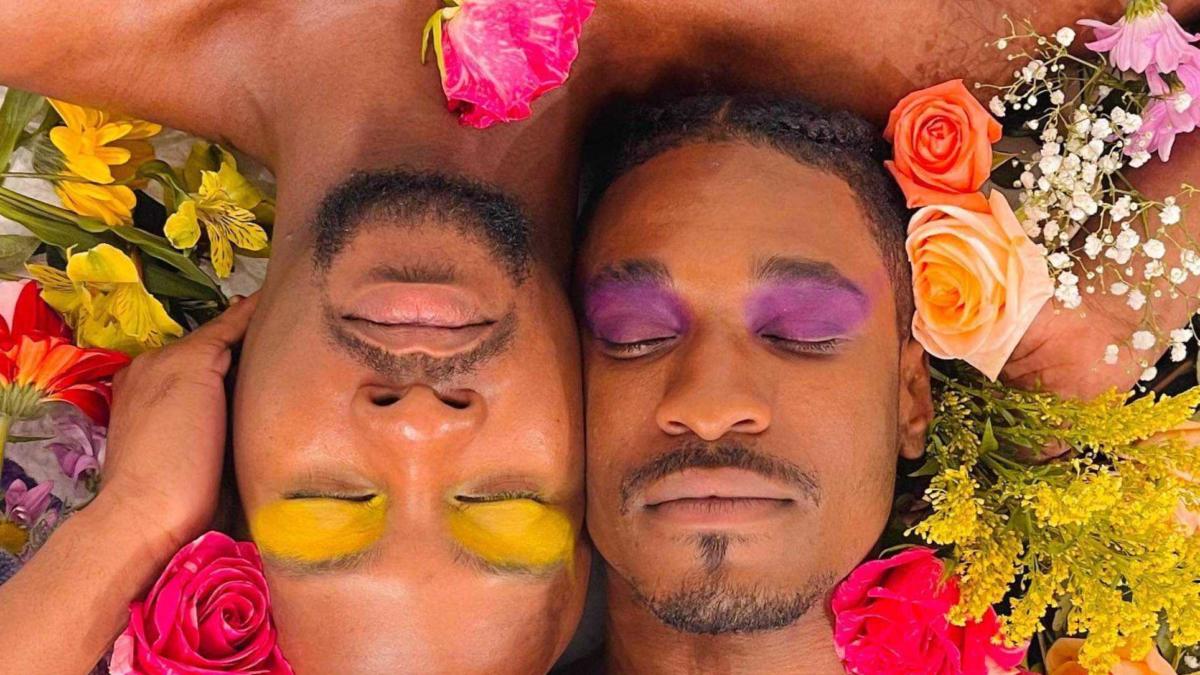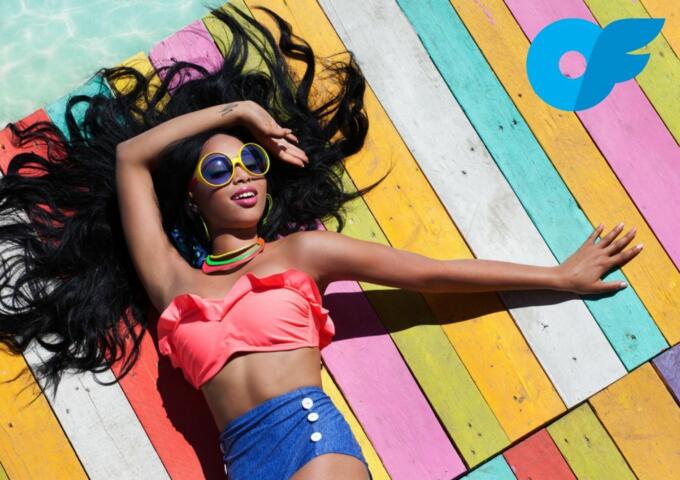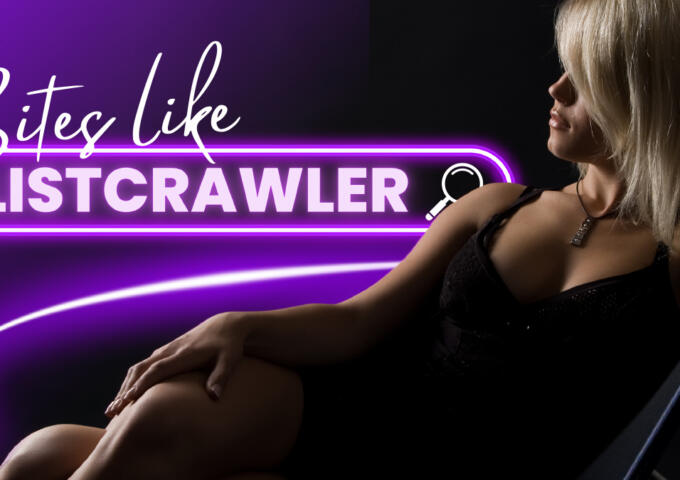Philly-born director and choreographer Kemar Jewel knows a thing or 20 about the transformative power of art. As a teenager, he found himself without a place to live, struggling to finish school. Despite the odds, Jewel grew up to be a successful producer and performer with a number of viral videos to his credit, notably Voguing Train and Vogue 4 BlackLivesMatter. He says these pieces are about “Black Queer and trans people using Voguing as a form of protest and a source of joy in this political climate.”
Now at 29 years old and residing in Brooklyn (though he says he reps 215 for life), he’s fundraising for his latest project: “SOFT: A Love Letter to Black Queer Men.” He’s collaborating with a bevy of heavy hitters, including Philly-based performers and Broadway stars. He spoke to Philly Weekly about his experiences, inspiration and plan to bring world peace through sickening choreo.
PW: This new project seems to be inspired by very personal experiences.
KJ: Yes. This video project will showcase Black men who have been traumatized by homophobia and toxic masculinity using contemporary dance in order to heal. This story really touches home for me because when I was 16 I was kicked out of my home because of my sexuality. It was an extremely hard time for me being a Black teen on the streets of Philly trying to survive and finish school, but I was able to do it and find community and healing along the way. I’m hoping to create art that will help others get there as well.
PW: What were the things that helped you survive and even thrive in the face of so many obstacles as a young man? Why do you think you were able to transcend your circumstances, when, as you say, “many are not as fortunate”?
KJ: In the words of Blanche DuBois from “A Street named Desire,” “I have always depended on the kindness of strangers.” I was only able to survive because of people in my community knowing my story and connecting me to resources… Between referrals, street smarts, and people helping me out when I needed it, I was able to survive homelessness and get into my first apartment…Being a Black queer or trans homeless youth is by far one of the most difficult situations to be in. My heart goes out to those going through it now.
PW: Many people have found healing through art. Has that been the case for you?
KJ: Without a doubt! I’ve been able to do so much healing because of creating art, seeing art, and going to therapy. I know therapy is often a taboo topic, but it has really changed my life and the way I receive the world. I choose to call the project SOFT because many Black Queer Philadelphia poets and writers such as Joseph Beam, Essex Hemphill, and Donja R. Love have encouraged me to be soft with myself and others as I love through this world. Therapy has taught me the exact same thing and it resonates with me on a different frequency when my art and my therapy are all sending me the same messages.
PW: What are the things that inspired you growing up?
KJ: I remember it like it was yesterday. The year was 2005 and a show called “Noah’s Arc” came on. The show was about four Black Queer men navigating love, life, friendships, and family. My favorite thing about the show was that these were fully fledged characters who cried, and loved one another, and were ambitious, and outspoken, and flawed, but willing to learn at the same time. They were me. And I had never got to see me on television or in the media before. At times I felt like something was wrong with me because I never was never reflected in the media I consumed. Patrick-Ian Polk, Darryl Stephens and “Noah’s Arc” truly changed my life.
PW: What do you hope to accomplish with this latest project?
KJ: World peace, of course! In all seriousness, I’m hoping this video will spark conversations about addressing homophobia and toxic masculinity. It’s so ingrained in the fabric of our lives that many people often don’t realize they are making comments that can affect their loved ones.
I recently read a tweet from Dana White that really touched my heart. Dana wrote “I wanted to do ballet as a kid. My parents refused. I cheered briefly in high school. My parents made me quit. I was a high school theatre geek who had potential to study seriously. My parents didn’t support. I’m still gay. Denying me joy and expression didn’t change that.”
So many boys, especially Black boys, are placed in a box and told that if you don’t do [abc] like [xyz] then you aren’t a real man or you’re less than. And we really need to address and get rid of that notion!
PW: Is there specific meaning to the timing of this project? I noticed that it’s Pride month and the anniversary of the uprisings for Black lives in America. Is that intentional?
KJ: Yes! Absolutely! I wanted to drop this project in June because having Pride in the same month as Juneteenth is a huge celebration for both of my identities. I also felt that since this project speaks to Black and Queer identities simultaneously, it would mean a lot to be having these conversations in June while they’re most on everyone’s mind.
PW: You have done a lot of projects that showcase queer and trans people of color, especially Black performers. Is that representation important to you?
KJ: Yes absolutely! When I step into a room, I am unapologetically Black and Queer and I want the art I create to be an extension of that. More importantly, I’m interested in showing the side of Blackness and Queerness that we rarely see: the healing, the joy, the community. There’s too much Black content that focuses on slavery and racism and there’s too much queer content that focuses on sexual assault and HIV/AIDS. Those topics are a part of our history but we are so much more than that. We deserve to see ourselves reflected holistically in the art we consume. Let’s normalize Black Queer joy and love.
PW: If you had an unlimited budget for one production, what would you do with it?
KJ: Such a great question! I really want to do a Black Queer series of existing musicals. From “Company and Cinderella,” to “Anything Goes” and “Wicked,” I believe that those stories have such important lessons and iconic moments and I don’t think it’s fair that only cisgender heterosexual White people ever get to experience them. A Black Queer and Trans Broadway is what I’m aiming for!
PW: Anything else people should know?
KJ: I’m out here doing the work! I self-produce all of my own projects and although it is a struggle financially, I love the art I get to create. Please support Black art, Queer artists, and people who dare to live in a world where they are told their passion isn’t “important.” Artists are the real superheroes.
To support SOFT: A Love Letter to Black Queer Men donate at gofundme.
Have a question for Dr. Timaree? Send an email to asktimaree@philadelphiaweekly.com.





